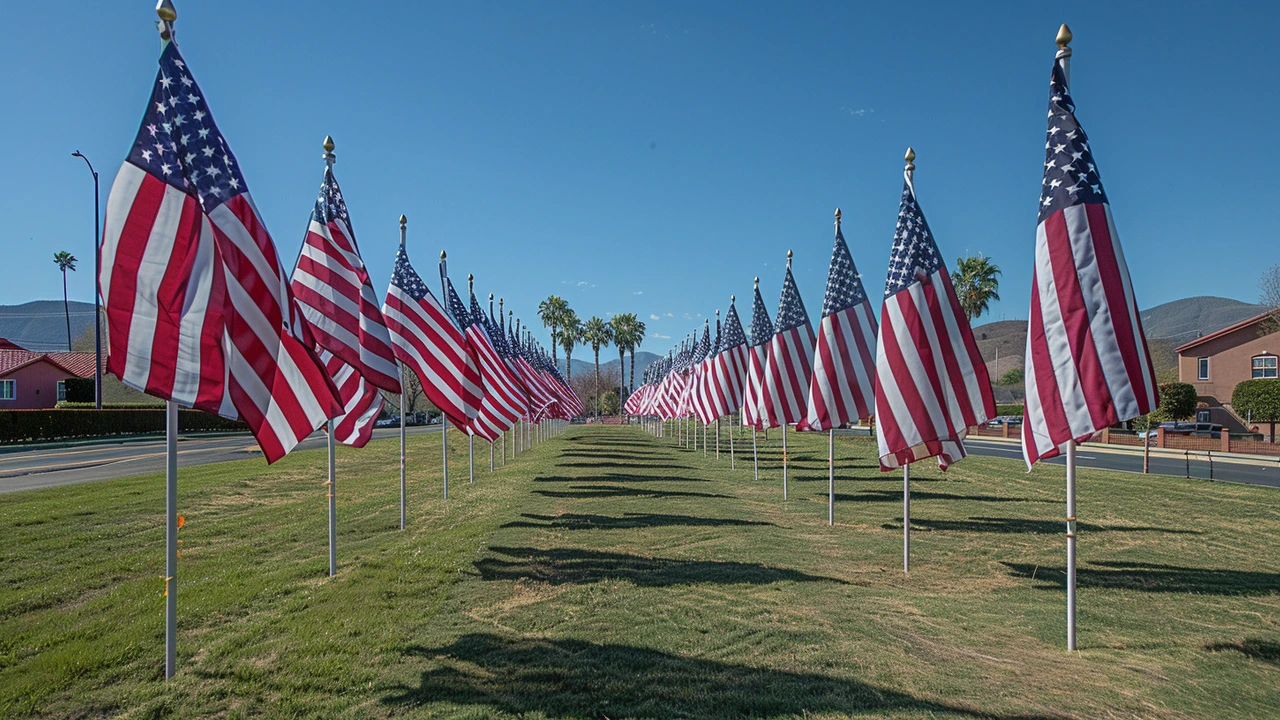Holiday Travel: Smart Tips for Safer, Cheaper, Happier Trips
Heading out for a holiday? Whether you're crossing borders in Africa or flying to Europe, a few practical moves make the trip smoother. Here are straightforward tips to save money, avoid stress, and enjoy your time away.
Plan bookings and timing
Book flights early but watch for price drops. Airlines and booking sites often cut fares a few weeks before departure — set alerts so you can snag a deal. Travel midweek or outside school holidays to get lower rates on flights and hotels. For popular spots in Europe, like Spain, book accommodation two to three months ahead for summer. If your dates are flexible, use fare calendars to compare prices across a whole month.
Travel documents, visas and insurance
Check passport validity now—many countries want at least six months left. For African neighbours, confirm if you need a visa, e‑visa, or just a permit at the border. Some countries add extra paperwork for certain groups — read official government sites, not forums. Buy travel insurance that covers medical evacuation and trip cancellation. It feels like extra cost, but a single hospital bill abroad can wipe out any savings.
Packing smarter saves space and stress. Roll clothes to fit more in your bag and use a packing list so you don’t forget chargers, adapters, or prescription meds. Keep valuables in a small day bag and leave copies of your passport and tickets in your email. For beach holidays, pack a lightweight sarong that doubles as a towel or cover-up.
Money matters: carry a mix of cash and cards. Inform your bank about travel dates to avoid blocked cards. Use local ATMs for better exchange rates but check fees first. For longer stays, consider a prepaid travel card with low conversion fees. Avoid changing large amounts at airport kiosks; their rates are often poor.
Transport and local safety: research local transport options before you arrive. Ride‑hailing apps work in many cities, but in rural areas you may need a taxi or bus. Always agree on a taxi fare up front if meters aren’t used. Stay aware of common scams where tourists are targeted — friendly strangers offering “help” or overly eager guides can push expensive services.
Pack a basic health kit: plasters, painkillers, diarrhoea medicine, rehydration salts and any regular prescriptions. Drink bottled water where tap water isn’t safe and use sunscreen even on cloudy days. If you're traveling during peak holiday seasons, book medical appointments ahead of time in larger towns where clinics are available.
Finally, make room for spontaneity. Plan the essentials, then leave a day or two free to discover local markets, food stalls and small beaches not in guidebooks. Take photos, but also put the phone away sometimes — the best memories stick when you’re fully present.
Check local holidays and events before you go; festivals can close shops or raise prices, but they also show real culture and great street food — learn a few local phrases first too.
